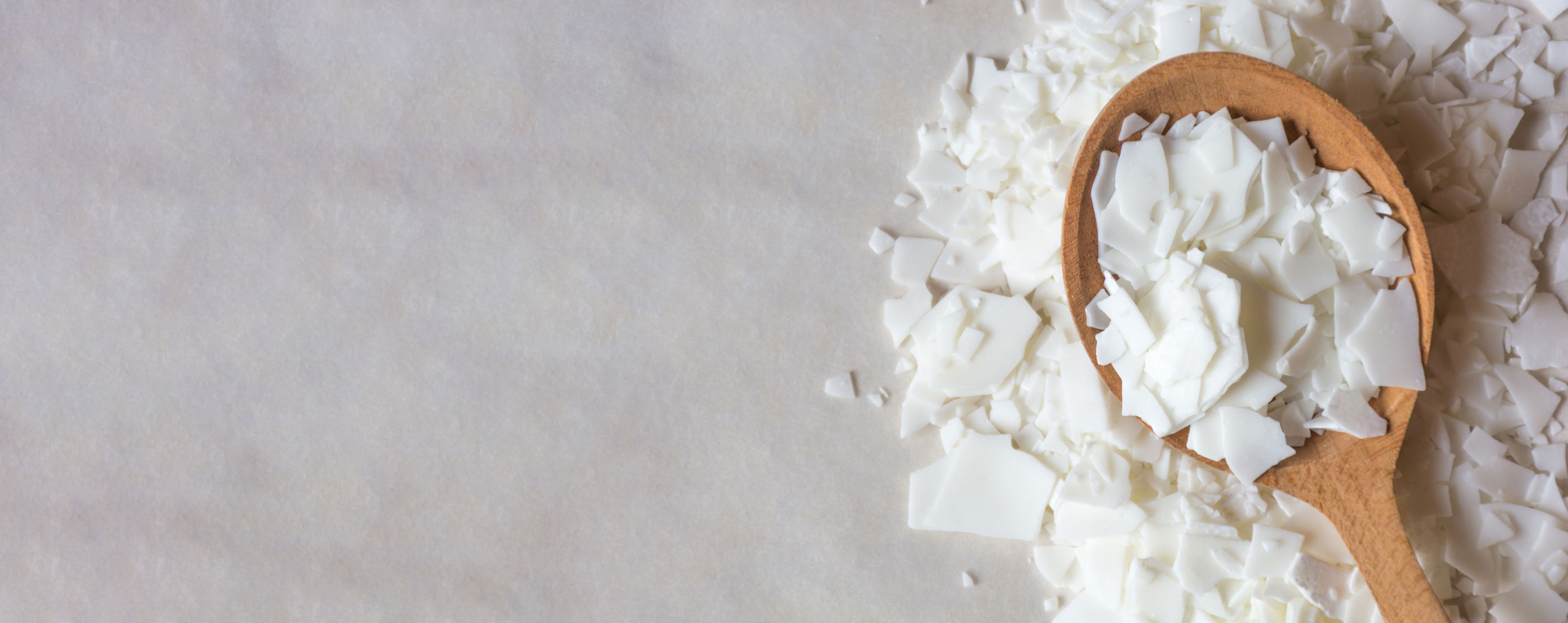

PVC Lubricants play a crucial role in the processing and application of polyvinyl chloride (PVC), a widely used thermoplastic polymer known for its versatility and durability. These additives are essential components in PVC formulations, contributing to the ease of processing and enhancing the overall performance of PVC materials. PVC lubricants are typically classified into two main categories: external and internal lubricants.
External lubricants, often referred to as process lubricants, are substances added to PVC formulations to reduce friction and improve the flow properties of the material during processing. These lubricants play a pivotal role in preventing the PVC from sticking to the processing equipment, such as extruders and molds, which can lead to production issues like melt fracture and die buildup. Common external lubricants for PVC include metallic stearates, waxes, and fatty acids. They ensure smoother processing, reduce energy consumption, and enhance the surface finish of PVC products.
On the other hand, internal lubricants are designed to improve the overall flexibility and fusion characteristics of PVC compounds. They work by reducing intermolecular friction within the polymer matrix, making it easier for PVC chains to slide past each other. This results in enhanced plasticity and melt flow properties, making the PVC more suitable for various applications, such as pipe extrusion, cable insulation, and vinyl flooring. Common internal lubricants include various esters and glycerides. The careful selection and balance of both external and internal lubricants are essential to achieving the desired processing characteristics and final properties in PVC materials, making them indispensable components in the world of PVC applications.
PVC lubricants reduce friction within the polymer matrix, enabling smoother PVC chain movement during processing and preventing equipment sticking.
These additives improve processing efficiency by reducing energy consumption and minimizing production issues like melt fracture and die buildup in PVC manufacturing.
PVC lubricants create a polished surface finish in PVC products, meeting quality standards across various applications.
PVC lubricants can be tailored to specific PVC formulations, allowing manufacturers to fine-tune material properties for diverse applications, from rigid pipes to flexible vinyl flooring.